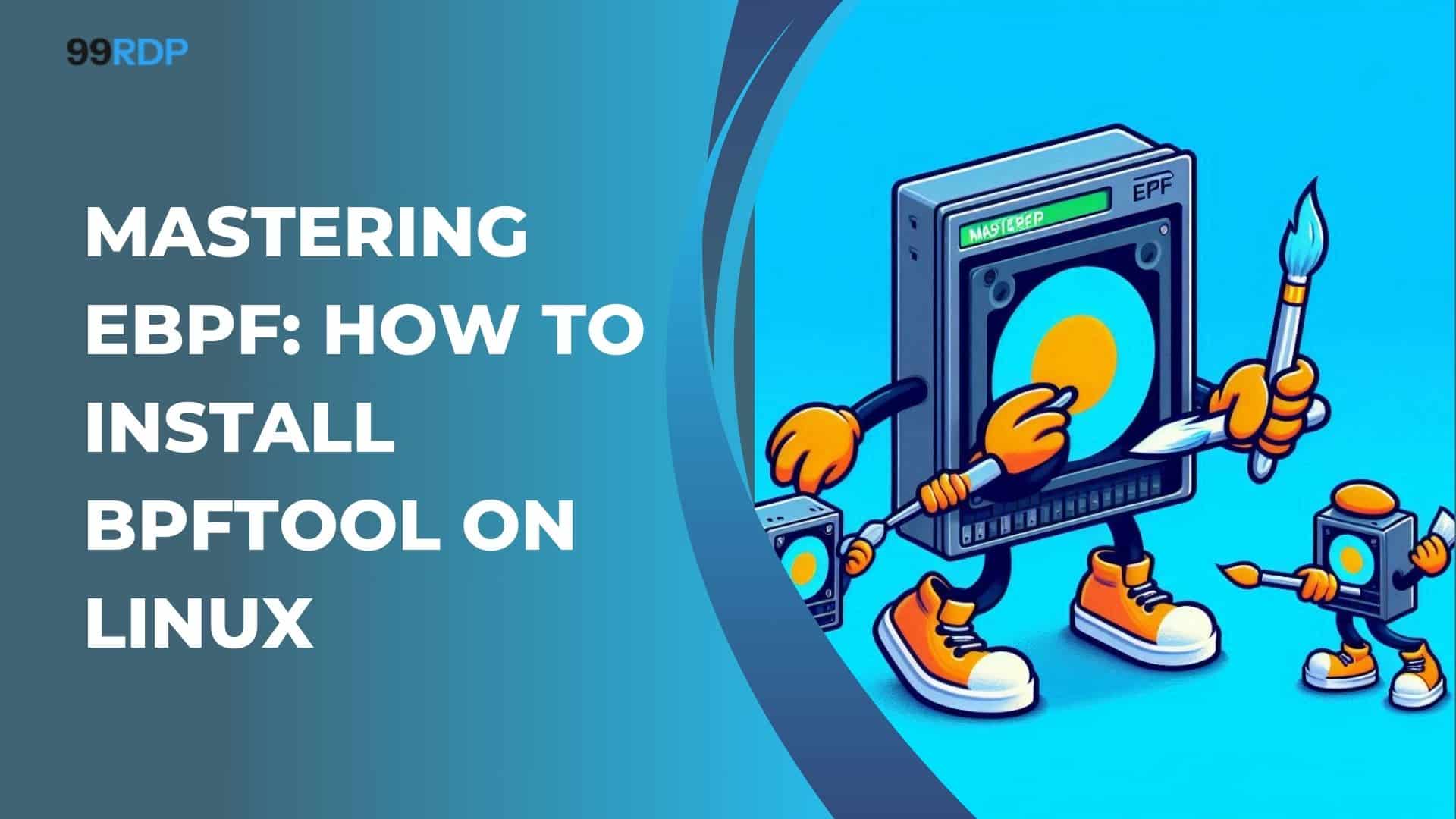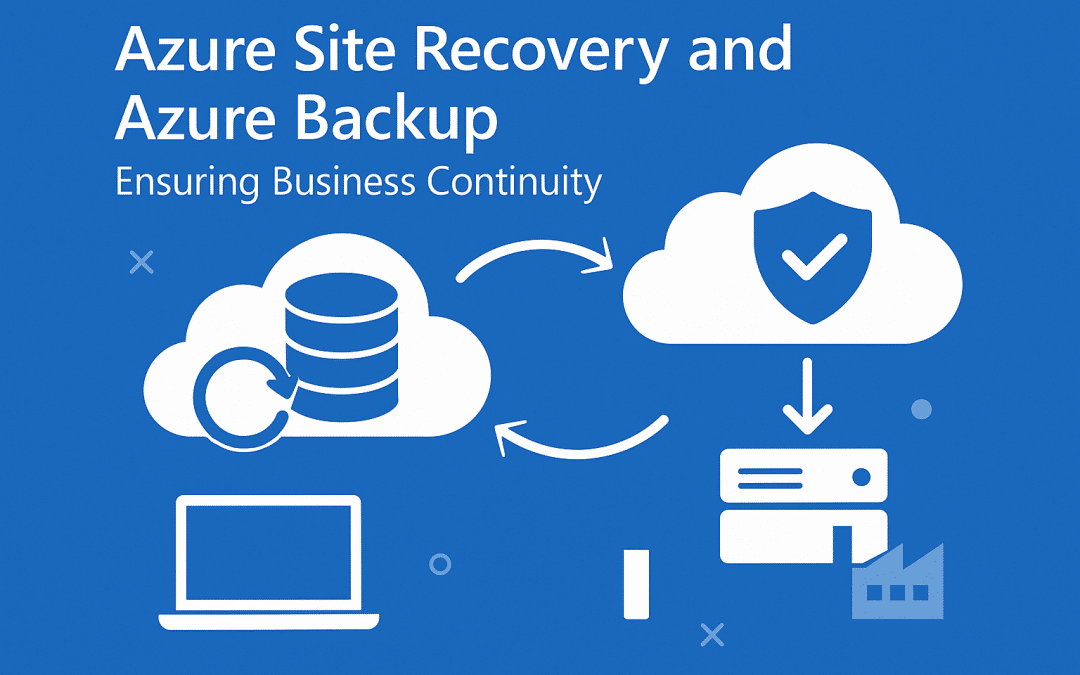Why You Must Install bpftool on Linux

Managing and inspecting eBPF programs is a game-changer for system performance, security, and network tracing. The bpftool command is your key to unlocking these advanced capabilities. Here’s why you need it:
- Master eBPF Like a Pro –
bpftoolsimplifies eBPF program management, making kernel-level diagnostics accessible. - Boost System Performance – Gain deep insights into resource usage, bottlenecks, and optimization strategies.
- Streamline Network Tracing – Track packets, analyze system calls, and troubleshoot network issues efficiently.
- Essential for Developers & SysAdmins – Whether you’re debugging, monitoring, or optimizing,
bpftoolis a must-have. - Flexible Installation Options – Install it via package managers or compile from source for complete control.
In this guide, you’ll learn how to install bpftoolon Linux distribution, ensuring you can leverage its full potential for kernel-level monitoring and performance tuning. Let’s dive in!
Installing bpftool on Linux
Before installing bpftool, ensure your system meets the necessary requirements to avoid errors and streamline the process. Here’s what you need:
- Use a Modern Linux OS – Install
bpftoolon Ubuntu 20.04+, Debian 10+, CentOS 8+, Fedora, Arch Linux, or their latest equivalents for optimal compatibility. - Gain Root or Sudo Privileges – Run installation commands with sudo to manage system packages and dependencies.
- Install Matching Kernel Headers – Run:
sudo apt install linux-headers-$(uname -r)Ensure your kernel headers match your Linux version. If unsure, check your kernel version using Ways to Check Kernel Version in Linux.
- Ensure a Stable Internet Connection – Download essential packages without interruptions.
- Use a Secure VPS for Testing – Deploy a Linux VPS to install and test
bpftoolin an isolated, efficient environment.
With these prerequisites in place, you’re ready to install bpftool and start managing eBPF programs seamlessly. Let’s move on!
How to Install bpftool Command on Linux using sudo apt
To Install bpftool command in Linux using sudo apt is a straightforward process, especially for users running Ubuntu, Debian, or any other Debian-based distribution.
Step 1: Update Your Package List
Ensure your system fetches the latest bpftool version by updating your package list:
sudo apt update
Step 2: Install bpftool on Linux Distribution
On Ubuntu & Debian-based Systems:
Install bpftool along with its dependencies:
sudo apt install bpftool
This command enables you to interact with eBPF programs and maps for system tracing and performance monitoring.
On Arch Linux:
Upgrade your system and install bpftool:
sudo pacman -Syu
sudo pacman -S bpftool
On Fedora:
Refresh your package list and install bpftool:
sudo dnf update
sudo dnf install bpftool
On openSUSE:
Update repositories and install bpftool:
sudo zypper refresh
sudo zypper install bpftool
Step 3: Verify the Installation
Confirm that bpftool is installed correctly by checking its version:
bpftool version
If the installation succeeds, this command will display the installed bpftool version, ensuring it’s ready for use!
Now you’re all set to leverage bpftool for advanced eBPF management and system diagnostics.
How to Install bpftool on CentOS & RHEL
Easily install bpftool on CentOS and RHEL to enable advanced performance monitoring and kernel-level tracing. Follow these steps:
Step 1: Update Your System
Ensure your package repositories are up to date:
sudo yum update # For CentOS 7 and later
sudo dnf update # For CentOS 8, RHEL 8, and later
Step 2: Install bpftool
Use the appropriate package manager to install bpftool:
sudo yum install bpftool # For CentOS 7 and later
sudo dnf install bpftool # For CentOS 8, RHEL 8, and later
Step 3: Verify Installation
Check if bpftool is installed correctly by running:
bpftool version
This command displays the installed version, confirming a successful installation.
Now, bpftool is ready to enhance system monitoring and kernel tracing on your CentOS or RHEL system!
How to Install bpftool from Source
Installing bpftool from source ensures you get the latest version and full control over the installation process. Follow these steps to compile and install it on any Linux distribution.
Step 1: Install Required Dependencies
Before compiling, install the necessary tools and libraries:
- Ubuntu/Debian:
sudo apt install git build-essential clang llvm libbpf-dev - CentOS/RHEL:
sudo yum install git gcc make clang llvm libbpf-devel - Arch Linux:
sudo pacman -S git base-devel clang llvm libbpf
Step 2: Download bpftool Source Code
Clone the official bpftool repository from GitHub:
git clone https://github.com/iovisor/bpftool.git
cd bpftool
Step 3: Build bpftool
Compile bpftool using:
make
Step 4: Install bpftool
Once compiled, install bpftool on your system:
sudo make install
Step 5: Verify Installation
Check if bpftool is installed correctly by running:
bpftool version
This method is ideal for users who need the latest version or want to customize their installation. Now, you’re ready to use bpftool for advanced kernel tracing and performance monitoring!
Conclusion: Unlock the Full Potential of eBPF with bpftool & 99RDP
Installing bpftool on Linux equips you with powerful tools for kernel tracing, performance monitoring, and system diagnostics. Whether you choose to install it via package managers or compile it from source, bpftool provides unmatched visibility into your system’s internals.
However, to truly maximize performance and efficiency, you need a high-performance, stable environment. That’s where 99RDP comes in. With secure, high-speed Linux VPS solutions, you can:
- Test and deploy eBPF programs without affecting your production system.
- Run advanced performance monitoring tools on a dedicated, optimized server.
- Enjoy seamless remote access to a powerful Linux environment, no matter where you are.
Why settle for limitations? Supercharge your eBPF workflows with bpftool on a 99RDP Linux VPS and unlock next-level system performance and security. Get started today!
EXPLORE MORE ; Linux Evolution: 6 Distros That Will Define 2025




